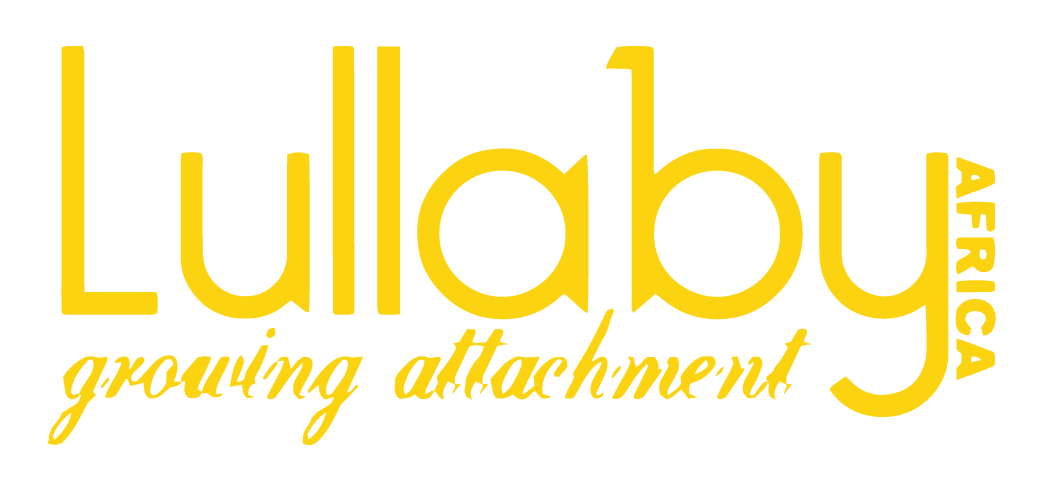The Science behind baby bonding
Impact of baby bonding is one of the major advances recognised in epigenetics.
Robert Winston and Rebecca Chicot wrote in the London Journal of Primary Care:
“Imagine if the hugs, lullabies and smiles from parents could inoculate babies against heartbreak, adolescent angst and even help them pass their exams decades later. Well, evidence from the new branch of science called epigenetics is reporting that this long-term emotional inoculation might be possible.”
Research among low income households in South Africa backs up these findings.
Neuroscience has consistently shown that parental attachment creates essential connections in the child’s brain – interaction with the carer actually causes physical developments in the child’s brain.
And the first year of life is the crucial time.
The evidence shows that:
Ensuring that the brain achieves its optimum development and nurturing during this peak period of growth is therefore vitally important, and enables babies to achieve the best start in life.
From birth to age 18 months, connections in the brain are created at a rate of one million per second! The earliest experiences shape a baby’s brain development, and have a lifelong impact on that baby’s mental and emotional health.
A foetus or baby exposed to toxic stress can have their responses to stress (cortisol) distorted in later life. This early stress can come from the mother suffering from symptoms of depression or anxiety, having a bad relationship with her partner, or an external trauma such as bereavement.
In Africa, this attachment is often lacking. There are many reasons for this:
Traumatised parents
Depression
Poverty, hunger and a never-ending quest for survival
Domestic violence
International studies show that when a baby’s development falls behind the norm during the first year of life, it is then much more likely to fall even further behind in subsequent years, than to catch up with those who have had a better start.
Attachment is the bond between a baby and its caregiver/s. There is longstanding evidence that a baby’s social and emotional development is strongly affected by the quality of their attachment.
Babies are disproportionately vulnerable to abuse and neglect.” – 1001 Critical Days Manifesto, 2013
Adebiyi BO, Goldschmidt T, Benjamin F, Sonn IK, Roman NV. Exploring the Perspectives of South African Parents and Primary Caregivers Living in Low-Income Communities on What Children Need to Thrive within the First 1000 Days of Life. Children (Basel). 2021 Jun 7;8(6):483. doi: 10.3390/children8060483. PMID: 34200273; PMCID: PMC8229791.
Maskell-Graham, D. (2009) Baby Bonding: an evaluation of how parental behaviours associated with secure attachment between mothers and their infants are affected by lullaby and movement practices.
Winston R, Chicot R. The importance of early bonding on the long-term mental health and resilience of children. London J Prim Care (Abingdon). 2016 Feb 24;8(1):12-14. doi: 10.1080/17571472.2015.1133012. PMID: 28250823; PMCID: PMC5330336. https://developingchild.harvard.edu/resources/what-is-epigenetics-and-how-does-it-relate-to-child-development/ https://parentinfantfoundation.org.uk/1001-days/

